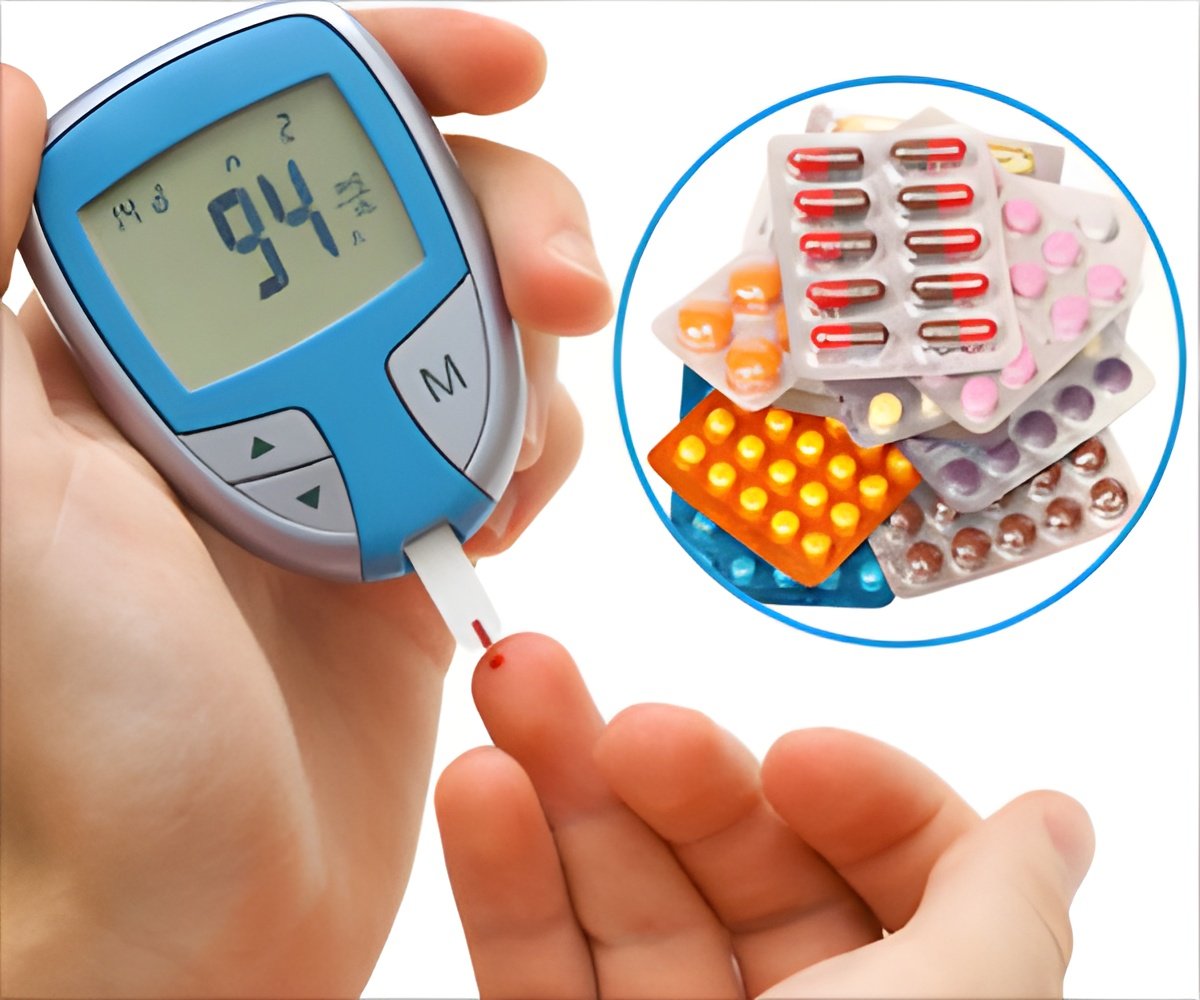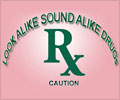Medication mistakes by doctors are making thousands of hospital patients suffering from diabetes vulnerable to potentially fatal low blood-sugar levels, a recent report has revealed.

If this one-in-three level of mistakes - which can lead to dangerously high blood-glucose levels - continued for a year, it could affect 208,000 patients, the Daily Express reported.
During a seven-day period, patients with blunders suffered more than double the number of severe hypoglycemic - or hypo - episodes com- pared to those treated accurately.
Hypos occur when blood-glucose levels drop severely low - and if left untreated can lead to seizures, coma or death.
"It is unacceptable for any person in hospital to receive inade- quate care," Barbara Young, chief executive of Diabetes UK, said.
"Urgent action is needed to make sure that general ward staff are competent in treating in-patients."
Advertisement
Results revealed that 32.4 per cent of patients in England had experienced at least one medication error during the previous seven days - down from 36.6 per cent the previous year.
Advertisement
"The majority of hospital doctors and ward nurses still do not have basic training in insulin management and glucose control," Audit lead clinician Dr Gerry Rayman said.Medicine management has improved since 2010 but there are still too many errors. We will continue to work with clinicians to reduce these," The Health Department said.
Source-ANI















